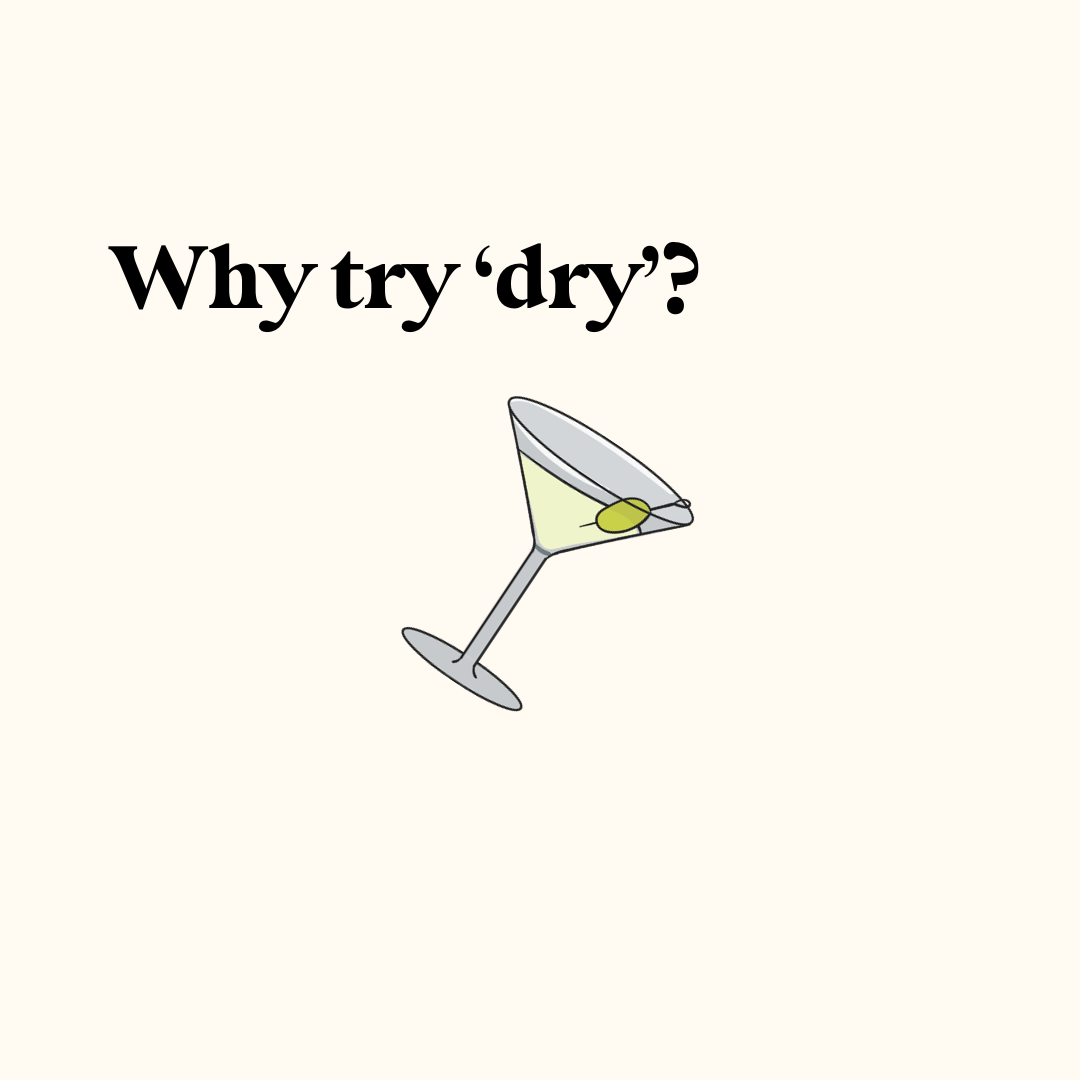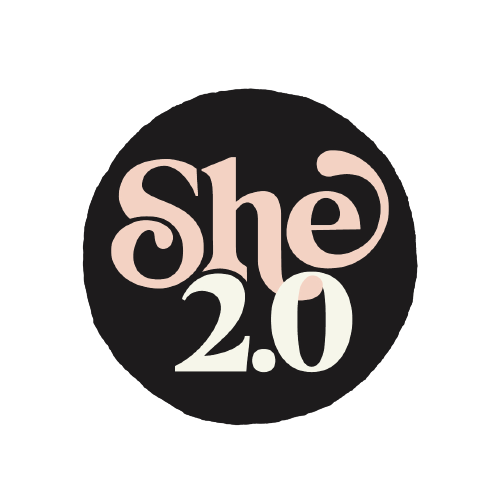
Unwining: Choosing Wellness Over Wine
Share
For too long, my life revolved around alcohol, especially during the never-ending lockdowns. The question of having a drinking problem lingers, backed by studies that say yes. But the truth is, you don't need a problem to take a break from alcohol.
Let's ditch the word "sobriety." It's got a gloomy reputation, associated with dark church basements and failure. Instead, consider it a health choice, a commitment to wellness, and an opportunity to break free from societal alcohol conditioning.
Out with the old
Deciding to cut alcohol out of our lives should be seen as a health choice and a commitment to wellness. It isn’t something to shame or blame us, or others about. We have been conditioned to have alcohol in our lives. From movies to media, alcohol is touted as our reward at the end of a long day, our solace during stress, our companion when we are lonely, our activity when we are bored. And don’t even get me started on patios and beautiful summer days!
Reasons to rethink that cocktail:
- Hot flashes and sleep issues post-40? Wine might not be your friend.
- Collagen production breakdown? No, thank you!
- Alcohol sabotages your sleep.
- Extra pounds? Alcohol's got a role.
- The biggest risk for hormone-receptor-positive breast cancer.
But let's shift the focus to the positive: You. Will. Feel. Better.
A chance meeting in the dog park introduced me to Sarah Kate, who's been an uplifting guide in my wine-free journey. She's all about empowerment, not shame. Sarah has been educating me on the benefits of life without the wine. Sarah’s approach is positive, refreshing and not at all shaming. She puts the control into our hands instead of making us feel that we have no control over addiction. We have choices.
So, what does life without wine look like? It's about finding new solutions to fill the void. Whether it's mental health issues, boredom, or socializing, alternatives exist. For me, it's about gaining energy and trying new activities.
The world without the wine
One of the biggest concerns I hear from friends in my community is how to replace alcohol in a fulfilling and satisfying way? First, I think it’s important to determine why we use it as a crutch in the first place. I have struggled for years with mental health issues (PTSD) and wrestle with my focus daily (ADHD). I know that when things get tough, I open a bottle of my favourite cab sav. Boredom? I can easily be lured into a glass or 3 of wine. It’s my social life too.
The trick is to find solutions. My personal hope is that with less wine, I’ll have more energy. Boredom is still an issue. I don’t love watching TV all night but with the cold weather, shorter days, and an open concept semi – what else am I going to do?
Instead of sitting on the couch with a cocktail, consider:
- Rediscovering the joy of reading.
- Exploring healthy snack recipes.
- Joining evening classes or workshops.
- Going for walks, hikes, or bike rides with friends.
Enlist your friends and family for support, not necessarily to go alcohol-free but to have your back.
Does booze-free equal fun-free?
The world of non-alcoholic drinks is evolving, and the taste has come a long way. While prices and availability still pose challenges, the industry is growing. Stay tuned.
Intrigued by mood enhancement without toxins or hangovers? Consider adaptogens, natural substances said to combat stress's negative effects. It's worth exploring but do your research and weigh the pros and cons.
I'm on my first week, just five days in, and I already feel a difference. Sleep still eludes me, but I'm working on it. How long will this journey last? I'm not sure yet, but I've taken the first step. Thanks to Sarah Kate, the road ahead seems promising. Challenges will come, but so will the benefits, and I'm excited to share them with you.
If you have questions, tips, or just want to join the conversation, I'd love to hear from you. This is a growing movement, and Sarah's company, "Some Good Clean Fun," is your ideal tour guide.
